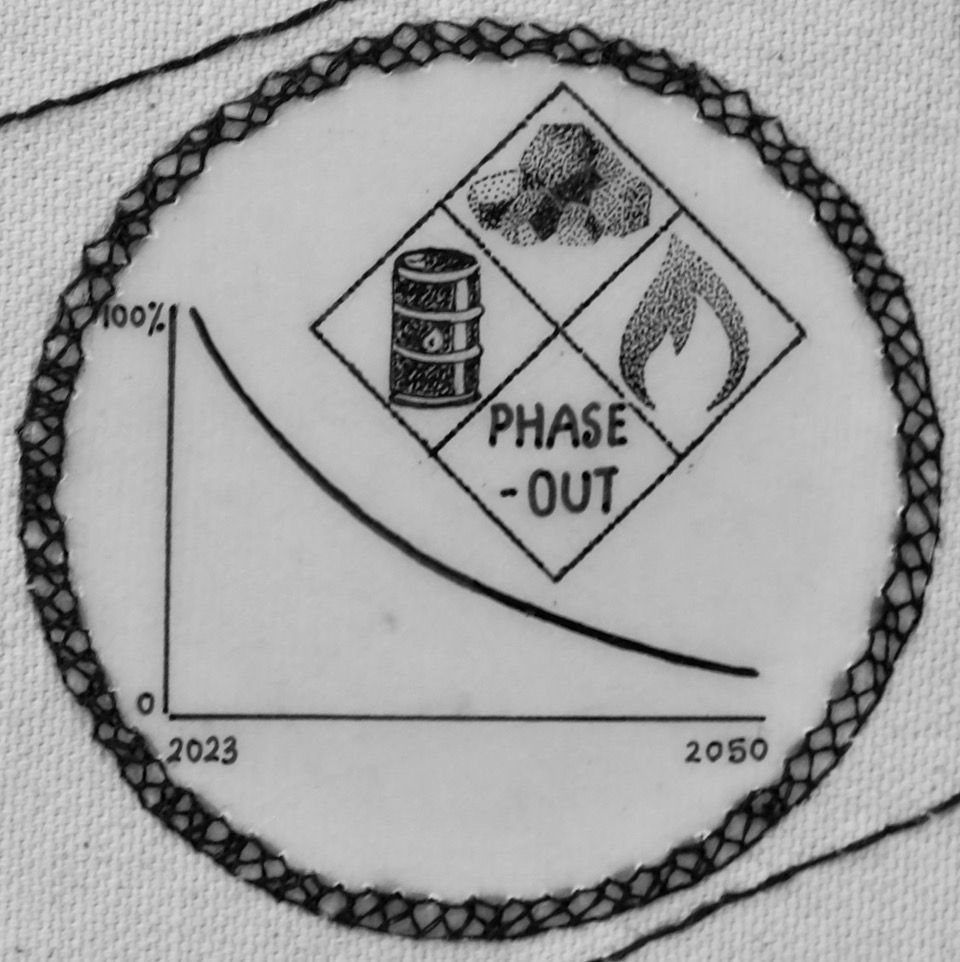- cross-posted to:
- degrowth
- cross-posted to:
- degrowth
It’s really hard to visualize since our entire modern life is built upon unsustainable things. Like all the stuff extracted to build cars, even if it doesn’t burn oil it’s still a lot to make batteries. All the stuff that goes into building and maintaining houses. You need things like plastic covering to keep food from going bad. All the stuff needed to make computers. We can make less of them but we can’t just stop or tons of people die. I feel this world has trapped us in our ways. How do we actually do this before it all just collapses?
I found the best way not to get to hopeless about these things and be able to envision a future without the unsustainable extravagances is to try, at least for a small while to go without. It makes a better future seem more concrete and possible.
For example look into preserving your food without plastic and try it yourself a couple times, make your own jam, pickles and ferments at least once. Try out eating only what’s in season and relatively local if you have the means to do so. A lot of these things are far less intimidating then they seem at first glance.
Then you realize that if you could do it as an individual, how easy would it be if it was the norm and others helped out?
Green Growth is an idea that would’ve been appropriate in 1890.
I really don’t like the term degrowth used here. The Grove usually implies returning to the Stone age or something like that. Not hey we’re going to phase out some problematic fossil fuels.
Maybe it means that in some circles that I’m not familiar with, but “degrowth” as used in this piece has been around for some time. It draws from a variety of traditions, including feminism, since many economic measures like GDP generally excludes women’s work, and anti-colonialism, which is closely tied with capitalism’s need for continual growth. It’s also the term used by scholars of environmental and economic policy.
Reddit had a small but nice /r/degrowth community. I made one at /c/degrowth@lemmy.ml in the hopes that we could replace it. Maybe join us (well, just me for now I suppose) there! Even if you don’t agree with the movement, it’s an interesting critique of one of our society’s foundational assumptions: The economy should grow forever, and that will be good for people.






